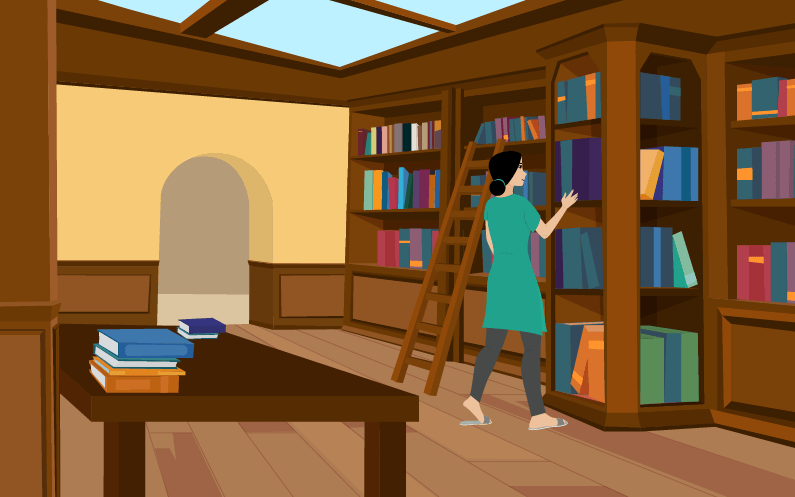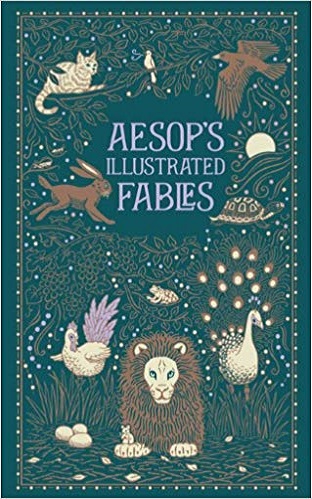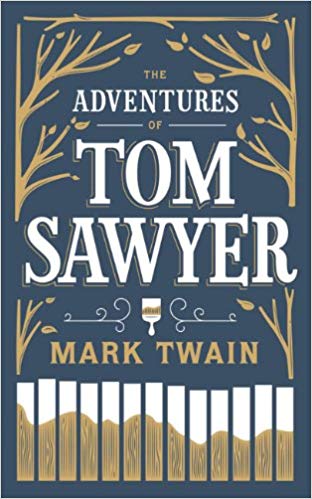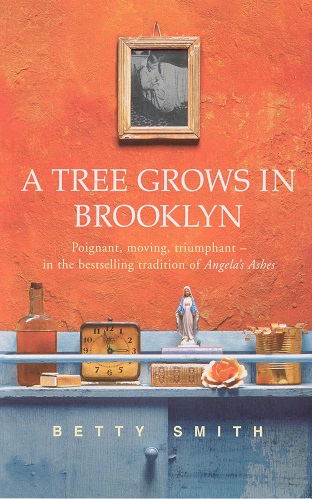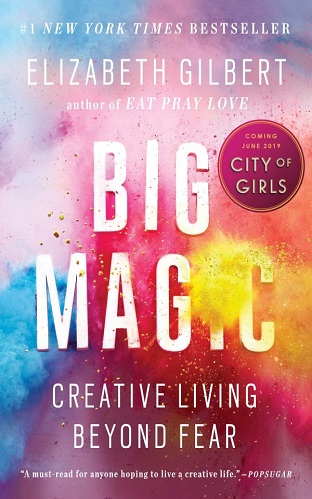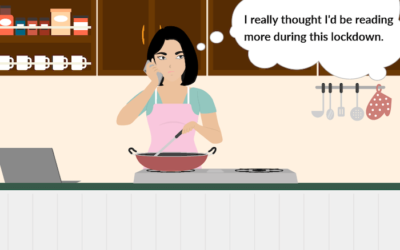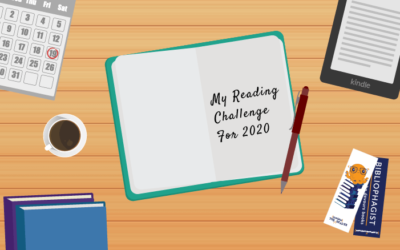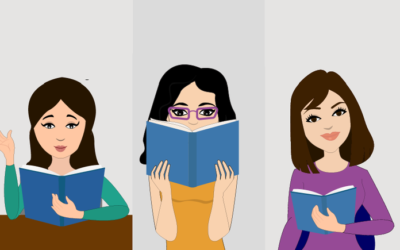Essay
Finding Inspiration In Books And Libraries
When I was a child growing up in Mumbai, I often went to the neighbourhood temple with my grandmother. When we got there, as was the custom, we would leave our shoes near the entrance and walk into the cool and quiet sanctuary. I would copy her as she brought her palms together in a namaskar, closed her eyes and recited a prayer. And while I did not understand the meaning of the prayers, I also understood, as if by osmosis, that that was beside the point. After the prayer, we would drop a few coins in the collection box, and walk one or two rounds around the altar and sit for a few moments on one of the benches that were set up along the walls of the sanctuary. And then we would walk back home.
It was a simple ritual that offered a short respite outside the home, and a chance to meditate and pray. It was a practice that was experienced on a private rather than congregational level, in a felt rather than verbalised form.
During the time I have lived in the U.S.A., I have occasionally visited the temples in my vicinity. But, I am unable to feel the same organic sense of belonging that I felt as a child, and feel as an adult today, when I visit that particular childhood temple. Perhaps this is because I don’t have an emotional connection to the temples in my vicinity, or because they lack the spirituality, inspiration, and intellectual relevance I seek today. And so, I long for a place to connect with, something mysterious and traditional, deeper, larger, more constant.
Upon reflection, I realise that I have found such a place. It is the local public library. Since I did not grow up with access to such institutions, I feel a sense of gratitude for their very existence, similar to the way devotees feel about their favourite gods and places of worship. Over the years, I have moved several times within the U.S.A. The first thing I did upon settling into my new home was to join the local public library.
Reading As A Youngster—Escape And Aspiration
I was an avid reader as a child, and that love for books has continued till date. Like an infant who starts life on their mother’s milk and is gradually introduced to solid foods, my early reading habits comprised of stories from Hindu mythology, Aesop’s Fables and other fairy tales narrated (or read) in my mother tongue, Marathi. As I grew older and my command over English improved, I was drawn to English-language books. I initially read books by Enid Blyton, P.G. Wodehouse, Agatha Christie and Maugham. Later, I was drawn to American authors like Erle Stanley Gardner, James Hadley Chase and Isaac Asimov. I remember reading Gone With The Wind and Tom Sawyer, but I doubt I understood their larger point in the context of American history and society.
I rented these books for a few rupees per day from a privately run circulating library in Mumbai. In reality, it was just a tiny storefront in the nearby vegetable market. Occasionally, I bought used books from footpath vendors. Once, while laid up in bed with jaundice, a friend brought in a stack of Enid Blyton books. A dreary existence quickly turned into a cherished respite from school and homework.
My father would often bring home paperbacks bought from footpath vendors. That is how my parents got to read Pearl S. Buck’s books about her parents’ lives as missionaries in China. I still recall my mother’s remarks about Buck’s mother’s unimaginable hardship and her father’s unwavering commitment to his Christian mission. My father, on the other hand, preferred to pick up books by Harry Truman and Bernard Baruch. As a result, I was exposed to a rather eclectic reading list at home, which only increased my appetite for reading.
To my parents, and, by extension, to me, these books and the ideas they contained were far from pedestrian fare. These books were examples of universal truths spoken plainly, truths that were rarely aired in our everyday experiences. These were words and stories and ideas that opened up a whole new world to me—a heady mix of escape and aspiration.
The books in my mother tongue formed the core of my emerging self. They told ancient stories that formed the basis of contemporary ideas of goodness, compassion, and loyalty. In contrast, the books in English exposed me to an entirely new class of ideas, ideas that somehow felt right even though they were not ‘native’. They spoke of societies where lives were easier due to advances in science and technology, where the hold of tradition and custom was less tight, where people seemed more able to take risks, and cared a little less about what others might say.
The books offered an escape from my crowded, busy, and goal-oriented life. The aspiration was to sample a life of such freedom, to learn how to live freely, how to build institutions and maybe, just maybe, implement some of those ideas upon returning to India.
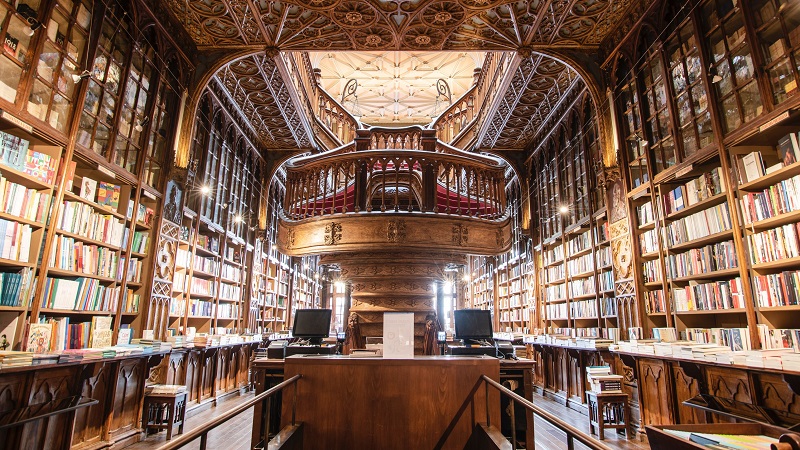
(Image via The Quint)
Reading As A Mature Person—Knowledge And Community
The selection of books in the circulating library of my childhood was quite limited. For the most part, it can be described as pulp fiction. Since I did not know or imagine anything significantly better, I made the most of what I could access. In contrast, the public libraries in the U.S. expanded my reading. I started reading biographies and memoirs, self-help books, and the newest most-popular books. As a result, I became a more informed, articulate and confident person.
To me, a public library is not just the place to get books. Rather, it is a shining example of a high-functioning democratic society. It is the result of an agreement among taxpayers to spend public funds in order to implement the same. It is a recognition of the importance of free and unfettered access to information, of literacy, and a literary culture. There are no limits on the number of books that one can borrow or their subject matter.
In addition, one can request a book from the inter-library loan system, and have it shipped to one’s local library free of charge. Programmes and services offered by public libraries range from toddlers’ singalongs to job search assistance for senior citizens. They underscore the community’s recognition of the indispensability of a collective response to promote community well-being. Is it any surprise that I visit my local library each week? And that, when I do, it is with a heart filled with gratitude and joy?
So, what have I done with this virtually infinite sea of books on whose shore I am privileged to sit?
I have turned to books at various points in my life and found in them just the friend, advisor, confidante, or teacher that I needed at that time. I have also turned to books when faced with the dilemmas and challenges that are a part of life in an unfamiliar culture. Reading Angela’s Ashes by Frank McCourt and A Tree Grows In Brooklyn by Betty Smith helped me understand the cultural gap between my Indian-born worldview and that of my American-born children.
More recently, reading Big Magic by Elizabeth Gilbert provided just the encouragement I desperately needed in order to continue working on my own book. Amazingly, even if I am unable to find just the solution I seek, it has helped to know that others have encountered similar challenges and the ways in which they were able to overcome them. There is something empowering about finding a community of fellow travellers, even if it is a virtual one.
Thinking of the arc of the kinds of books that found me and the kinds of books that I seek offers a new insight. Analysing the books that we are drawn to can provide a read on what our innermost self is seeking at any given time. Books can be our guides in our search for truth and meaning, our search for purpose and mission. As long as we have books, we need never feel alone or lost.
While some people find community, inspiration, and solace in places of worship, I find it in libraries.
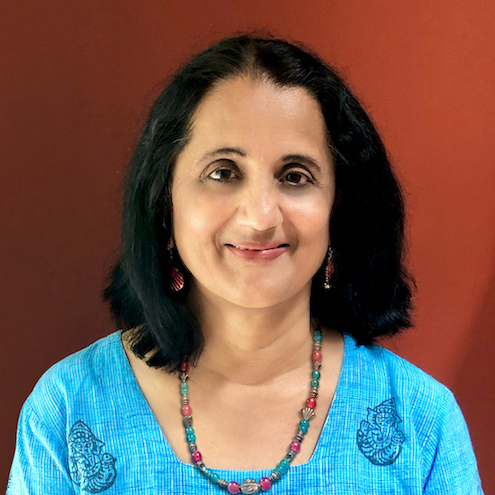
Nandini Patwardhan possesses a Masters degree in Mathematics from IIT Mumbai. She lives in the United States. Her biography of Dr. Anandi-bai Joshee, titled "Radical Spirits," was recently published.
You can read her articles here.


